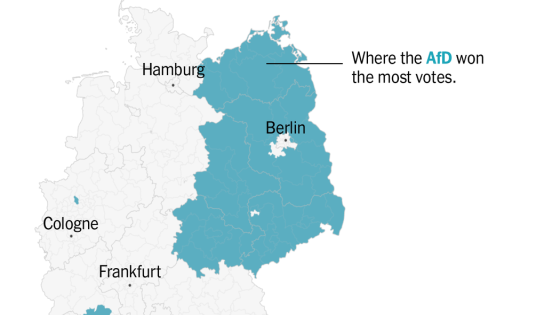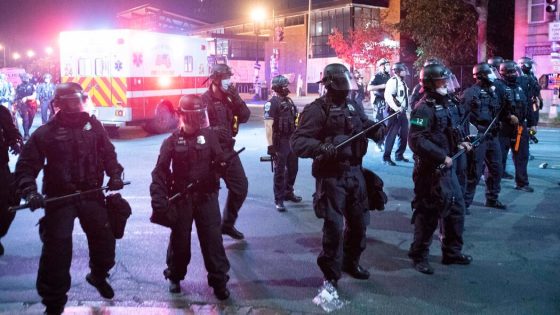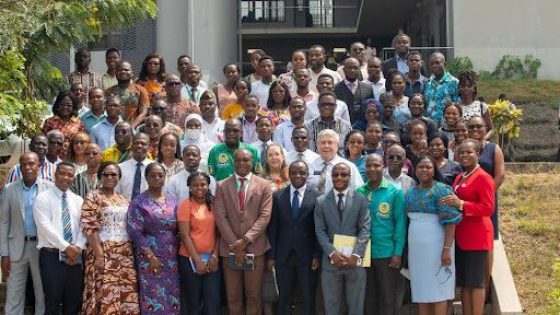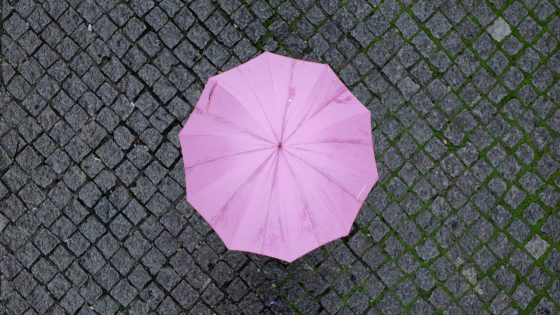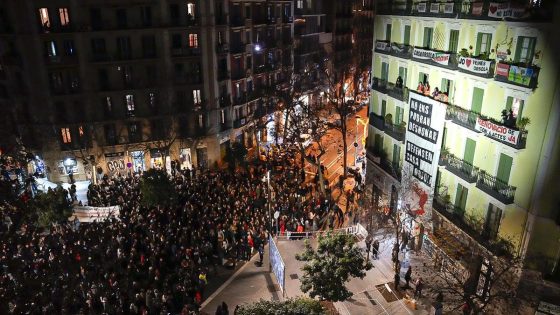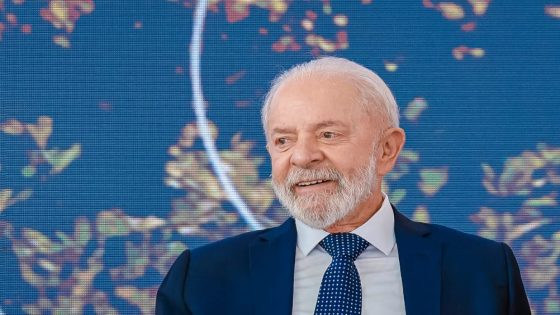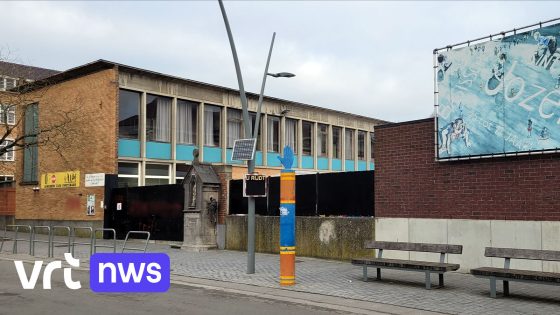In recent elections held on February 25, 2025, the hard-right Alternative for Germany (AfD) party gained significant support in the former East Germany. Nearly one-third of voters in this region cast their ballots for the AfD, highlighting a persistent political divide that continues to affect German society decades after reunification.
- Division persists in post-reunification Germany
- AfD gains significant support in East Germany
- Voting patterns reflect cultural and economic divides
- Historical context influences current political landscape
- Integration of East Germany remains incomplete
The political landscape in Germany remains starkly divided along historical lines, particularly between the former East and West regions. The recent election results show that if East Germany were still an independent state, the AfD would have won convincingly. In fact, only two out of 48 voting districts outside Berlin did not favor the AfD, with some districts reporting close to 50 percent voter support for the party.
This division is not just a reflection of current economic disparities but also indicates deeper cultural issues rooted in decades of Communist governance. Analysts suggest that these unique challenges contribute to distinct voting behaviors among residents of eastern Germany compared to their western counterparts. Key statistics include:
- Nearly one in three voters in East Germany supported the AfD.
- Only two districts outside Berlin did not vote for the AfD.
- In some areas, support for the AfD approached 50 percent.
The rise of extremist parties like the AfD raises concerns about social cohesion within Germany. The sense that Germans live in “two separate worlds” persists as a result of differing economic conditions and political ideologies. This pattern was evident not only during these elections but also during previous electoral events such as last June’s European Parliament elections.
The substantial support for extremist parties like the AfD underscores ongoing challenges facing German society as it grapples with its past while attempting to unify diverse perspectives across its regions.



